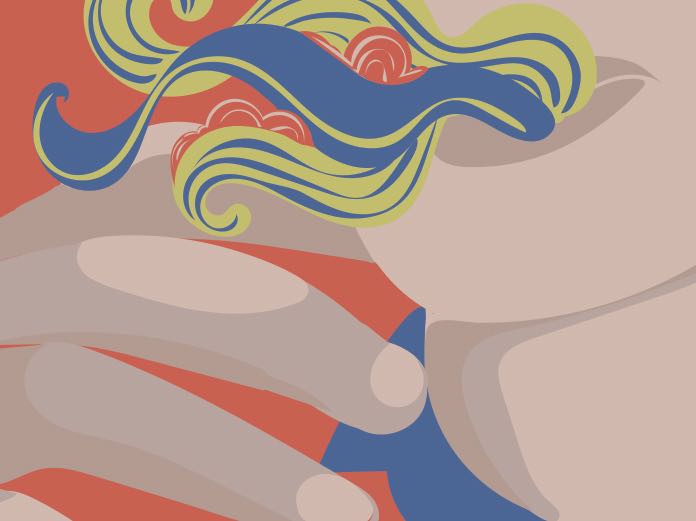New York has become the first state to ban the sale of certain flavored e-cigarettes, following an announcement from Governor Andrew Cuomo on Sept. 17. According to the Centers for Disease Control and Prevention, there have been seven vape-related deaths and 530 reported cases of lung illnesses since August in which patients had a history of vape use, either consuming nicotine or THC.
This announcement followed a growing trend of warnings and social media posts calling for people to stop using e-cigarette brands, such as Juul. Some users have criticized the ban, as the vaping-related deaths and hospitalizations are mostly a result of dab pens, used for vaping THC and not nicotine.
“My thing is, dab pens are highly unregulated; so it’s like they’re not being tested for anything, they aren’t being approved, they are being put on actual shelves and people can make them right out of their homes themselves and distribute them,” Ilannah Deshazier, a fourth-year psychology major, said.
It hasn’t been proven which substances are causing people’s illnesses. According to the CDC, “We do not yet know the specific cause of these lung injuries. The investigation has not identified any specific e-cigarette or vaping product (devices, liquids, refill pods, and/or cartridges) or substance that is linked to all cases.”
The only common factor between each hospitalization was a history of vaping, regardless of substance, so steps like Cuomo’s executive action are being taken in hopes of combating the outbreak.
“I’m all for [the ban],” Veronika Max Niko, a second-year psychology major, said. “There’s no reason for vaping to exist, especially if people my age and younger are going to.”
To combat what the Department of Health Commissioner Dr. Howard Zucker has called a “public health crisis”, his department alongside the Public Health and Health Planning Council have enacted Cuomo’s emergency executive action which prohibits the sale of all e-cigarette flavors besides tobacco and menthol.
“[Cuomo’s action] is stupid.
The executive action aims to reduce usage amongst the state’s youth, supported by evidence of children and young adults who vape illegally, are addicted, and may be suffering from respiratory health problems. Cuomo stated that it’s “undeniable” that sweet-flavored e-cigarettes are targeting younger demographics.
According to a study by the National Institute on Drug Abuse, nearly 1 in 10 eighth-graders, and more than 1 in 6 twelfth-graders have used an e-cigarette in the last 30 days.
“Manufacturers of fruit and candy-flavored e-cigarettes are intentionally and recklessly targeting young people, and today we’re taking action to put an end to it,” said Cuomo in his initial announcement on Sunday, Sept. 15.
College students are also being negatively affected by vaping. Some students at The New School began using e-cigarettes when they were younger, and are now facing the difficult task of overcoming nicotine dependency.
“Recently I have been trying to quit because I started Juuling in high school,” Anja Reeber, a second-year Product Design major, said. “I didn’t think I was going to get addicted. Obviously I did get addicted, and now here we are two years later,” Reeber said.
New York isn’t the only state to take action against the inherent dangers of vaping.
Michigan Governor Gretchen Whitmer announced a ban on all e-cigarettes besides tobacco flavor after the increasing number of vape-related illnesses had been classified as a “public health emergency”. This order has not yet been
Furthermore, on Sept. 11, President Donald Trump stated he would be urging the US Food and Drug Administration to adjust regulations, potentially leading to a federal outlaw of e-cigarettes. Major retailers, including Walmart, Rite Aid, Costco, and Dollar General, have decided to pull e-cigarettes from their shelves completely.
With steps being taken so quickly to limit access to e-cigarettes, some students who struggle with dependency are left unsure of what steps to take next.
“Vaping and smoking cigarettes are all habits to me,” Jay Lopez, a third-year photography major, said. “Maybe I’ll just change back to cigarettes, I don’t know.”







